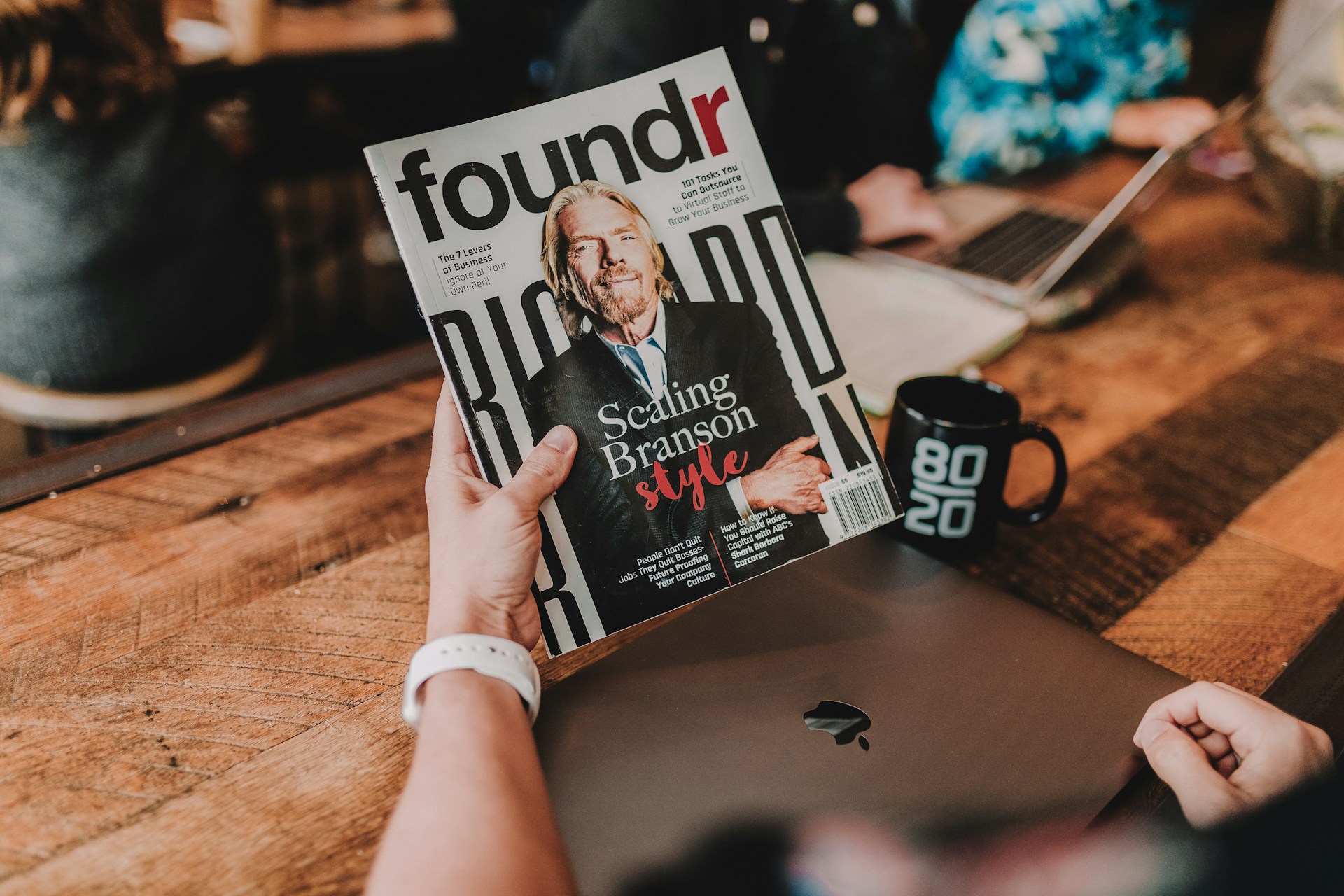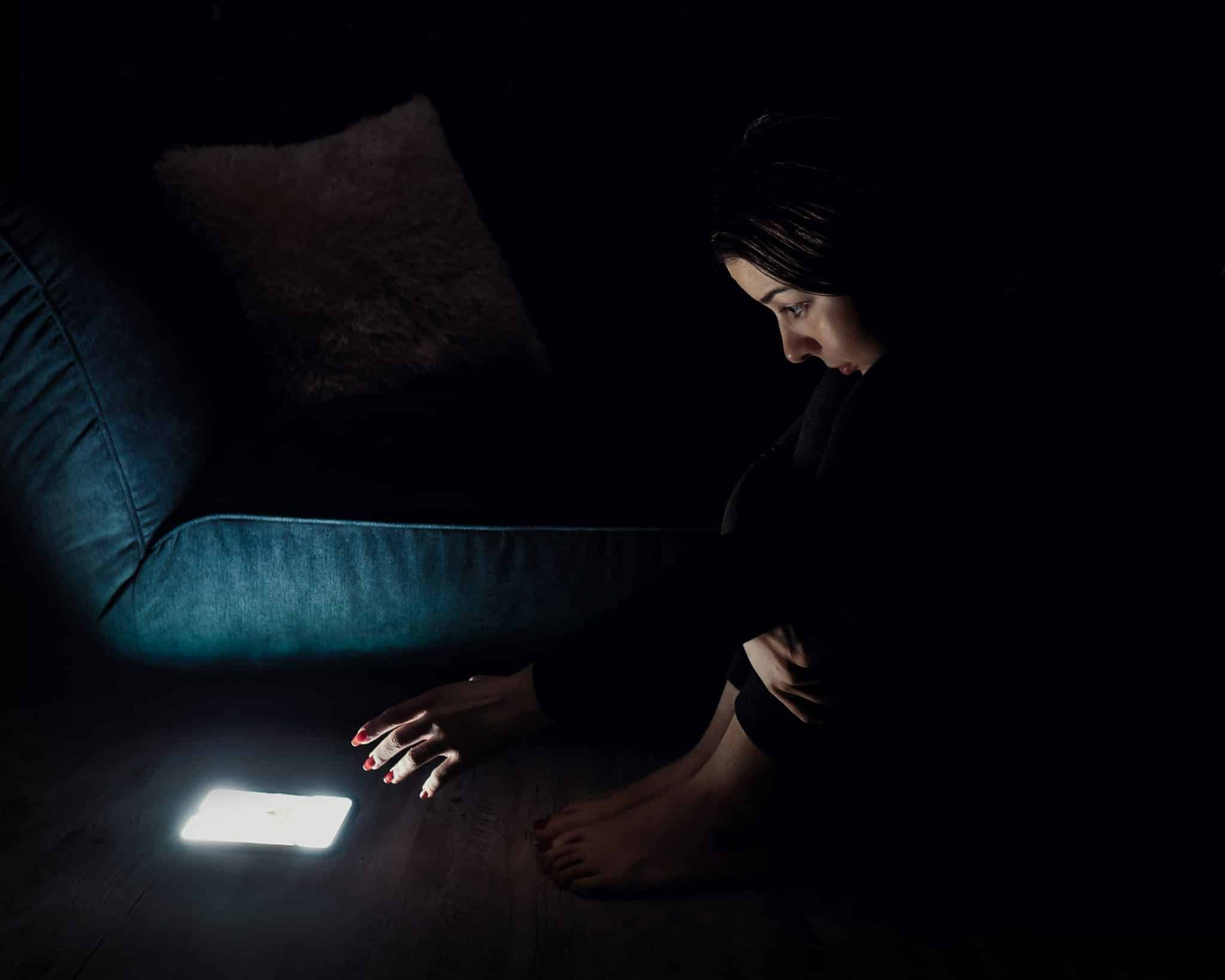Casey Schwartz: Attention is Profoundly Limited & Incredibly Powerful

The author’s latest book is a personal history of trying to find focus
We all want to be able to pay more attention, but how many of us pay attention to what that really means?
We live in a world where technology makes us feel limitless. The age of self-optimization encourages us to do more and be better at it, emulating the machines we surround ourselves with. Meanwhile, that same technology that makes us feel like anything is possible is designed to rob us of our attention.
The quest for attention, however, is not new, and neither are our attempts to define it. In 1890 William James explored the concept in his groundbreaking work, The Principles of Psychology:
Attention … is the taking possession by the mind, in clear and vivid form, of one out of what seem several simultaneously possible objects or trains of thought, localization, concentration, of consciousness are of its essence.
It implies withdrawal from some things in order to deal effectively with others, and is a condition which has a real opposite in the confused, dazed, scatter brained state which in French is called distraction, and Zerstreutheit in German.
Well into the 21st-century attention seems to elude us more than ever, and as technology advances, it only becomes harder to find, Nir Eyal even describing it as the century’s superpower. It’s a small wonder then that we should try to “hack” our attention in the same way we do our machines. But as we’ve discovered, applying the Silicon Valley approach to humanity often yields the opposite results of what we were expecting.
Meet Casey Schwartz
Casey Schwartz is one of the people who found out the hard way that there is no quick fix when it comes to attention. A high-achiever who, in her quest to obtain ever-higher levels of attention and focus, began a ten-year entanglement with Adderall, the prescription ADHD medication.
Casey, whose writing has appeared in the New York Times, Newsweek, Departures, and New York, originally wrote an essay, Generation Adderall for the New York Times Magazine in 2016 which inspired her second book – Attention, A Love Story.
In it, she details the decade she spent taking Adderall, considers the role of attention in defining our lives, and examines her attempts to preserve her authentic life and decide what is most important in it.
We are excited to bring you this fascinating interview with Casey to learn how writing the book changed her perspective of attention and its meaning in her life, and how she now nurtures this most precious and finite of resources.
Why did you choose the subtitle “A Love Story”? Exactly why is your relationship with attention so passionate?
Attention, as a topic, is incredibly seductive. When I was writing this book, I felt like I could see and understand so much of the world in terms of attention. The fact is that attention goes far beyond the question of concentration, the question of sitting at your desk and dutifully focusing on your work. Attention is at the core of so many of life’s most meaningful acts. Think about when you fall in love with somebody: your attention to them is so effortless and so entire. You want to absorb every little detail.
Simone Weil once said: “Attention is the rarest and purest form of generosity” and when I first read that, her words floored me, because I had never thought of attention in that way. I really wanted to capture those kinds of highly emotional stakes with my title.
It goes far beyond the question of sitting at your desk and dutifully focusing on your work.
Attention is at the core of so many of life’s most meaningful acts.
How has your definition of Attention changed since writing the book? What was your biggest learning?
I think I was hung up on the idea of “perfect attention” before I wrote this book. For years, I took Adderall, an attention drug, thinking that my own natural attention was insufficient and that it needed to be upgraded.
Part of what this book helped me to understand is that our attention isn’t perfect, and it never has been– and that imperfection, that push and pull between what we voluntarily choose to give our precious attention to– – is actually part of the point.
What piece of research regarding attention and/or distraction have you found most astounding?
There’s a finding that’s quite well known in neuroscience, which is that distraction breeds forgetting. It makes complete sense, actually. If you aren’t paying attention, if you’re, let’s say, constantly toggling between texts and DM’s and Instagram posts, you aren’t very likely to properly encode in your brain what’s actually happening to you in the present moment. So this idea that we could all be costing ourselves the richness of memory by the constant low-level distraction that comes from our screens– horrified me, and continues to horrify me.
When I look back at 2022, I want to be to reconnect with my toddler’s funny expressions– not lose those precious moments in my memory bank to the blur of screen life humming constantly in the background. Distraction has costs not just for our present selves, but for our future selves.

It seems like in your case, attention was your distraction, those focused hours an escape from the real world. Would you agree?
For a long time, when I was in thrall to Adderall, I think I mistook that kind of intense, nose to the grindstone, supersingular focus for the real deal attention. And it took me a decade to understand that I had actually narrowed my perceptions and my ability to take in the world around me. That so much of the world’s richness was no longer reaching me.
So yes, in that sense, I would say that particular quality of very narrow, very super-charged attention– which was quite addictive for me– became itself a diversion.
That imperfection, that push and pull between what we voluntarily choose to give our precious attention to, is actually part of the point.
You describe how Adderall and the World Wide Web “ascended in American life in perfect lock step, like a disease and a cure, made for each other.” What is it about the internet in particular that makes it such a threat to our attention?
This is quite well known and understood by now, I think. These technologies are not neutral. Their money-making ability depends upon seizing and keeping every shred of our attention they possibly can. We know this. Our attention is their commodity.
So we are up against a formidable foe when we sit down with our screens and hope to be able to retain some kind of autonomy, some kind of mental self-determination, after we log on.
There are a great many writers in the Freedom community… do you think writers might be particularly susceptible to distraction?
I think every single human is susceptible to distraction. Our feelings are often very uncomfortable. There is that famous study– people left alone without their phones preferred to give themselves electric shocks than to just. . . sit there.
But writers are often alone, trying to wrestle with the voices in their heads without losing their minds. And that is the plight of the writer, actually. So it makes sense that writers would especially appreciate what Freedom can do for them– help to eliminate the temptation to duck out of their own solitude and their own uncertainty, both of which can be painful.

What are some of the rules or boundaries regarding technology that you have set yourself to preserve time for focus and creativity?
My writing time is the morning and I try not to have my phone visible when I am working. But the system is complicated by the fact that I have a two-year-old, and I worry about him, and I feel that I need to be reachable, always, when he isn’t with me. So I haven’t perfected this system, not by a long shot.
Attention is incredibly powerful. When we aren’t thoughtlessly giving it away in bits and pieces all day long, we really can connect with an amazing internal creative force.
What would you offer as a good first step for anyone looking to improve their focus?
To get clear on the fact that our attention is profoundly limited and it really is a zero-sum game. If you are giving your attention to something, you aren’t giving it to something else. There’s another thing, too, and it’s probably my greatest take-away from thinking about the subject for so long. Which is that our attention is incredibly powerful. When we aren’t thoughtlessly giving it away in bits and pieces all day long, we really can connect with an amazing internal creative force.
What is one small shift that you have made about the way you spend your time that had the largest impact on your quality of life?
Understanding that mornings are sacrosanct for work, and never scheduling any phone call or appointment or meeting for those hours when I know that my attention works relatively well. And, equally, being extra vigilant about not squandering my attention during those precious morning hours on things like the bottomless Instagram scroll.

As a parent, how do you ensure that your child is developing a healthy relationship with technology? How has your own relationship with attention changed as a result of becoming a mother?
When I was pregnant, I had all kinds of ideals around protecting my son from screens. Many of them were upended by covid. When he was an infant, in the first months of 2020, we were totally isolated, and the only contact he had with his grandparents was via FaceTime. I have felt conflicted about this and other screen time questions since.
I actually had the opportunity to ask Sherry Turkle about it– she’s done so much of the pioneering work around our evolving relationship with technology. What she told me has really stuck with me—she said it’s all about giving our children “a rich mix.”
So screentime itself isn’t the end of the world, as long as he is also getting that special human connection that only happens when phones are put away.
What projects are you currently working on that you are most excited about?
I’m still at the superstitious phase of the next thing. Ask me in a year. ☺

Casey Schwartz lives in New York City, where she grew up. A graduate of Brown University, she holds a Master’s degree in developmental neuroscience and psychoanalysis from University College London. While she was in graduate school, she found the subject of her first book, In the Mind Fields, a work of non-fiction about the culture clash between the old and the new ways of thinking about the mind and the brain.
You can keep up with Casey and her work via her website, Twitter, or Instagram.



